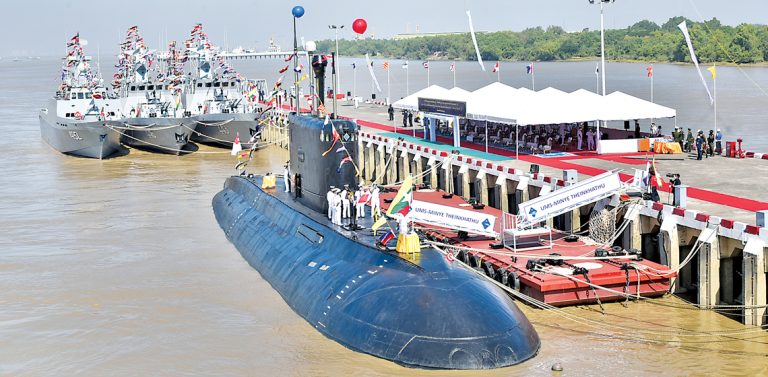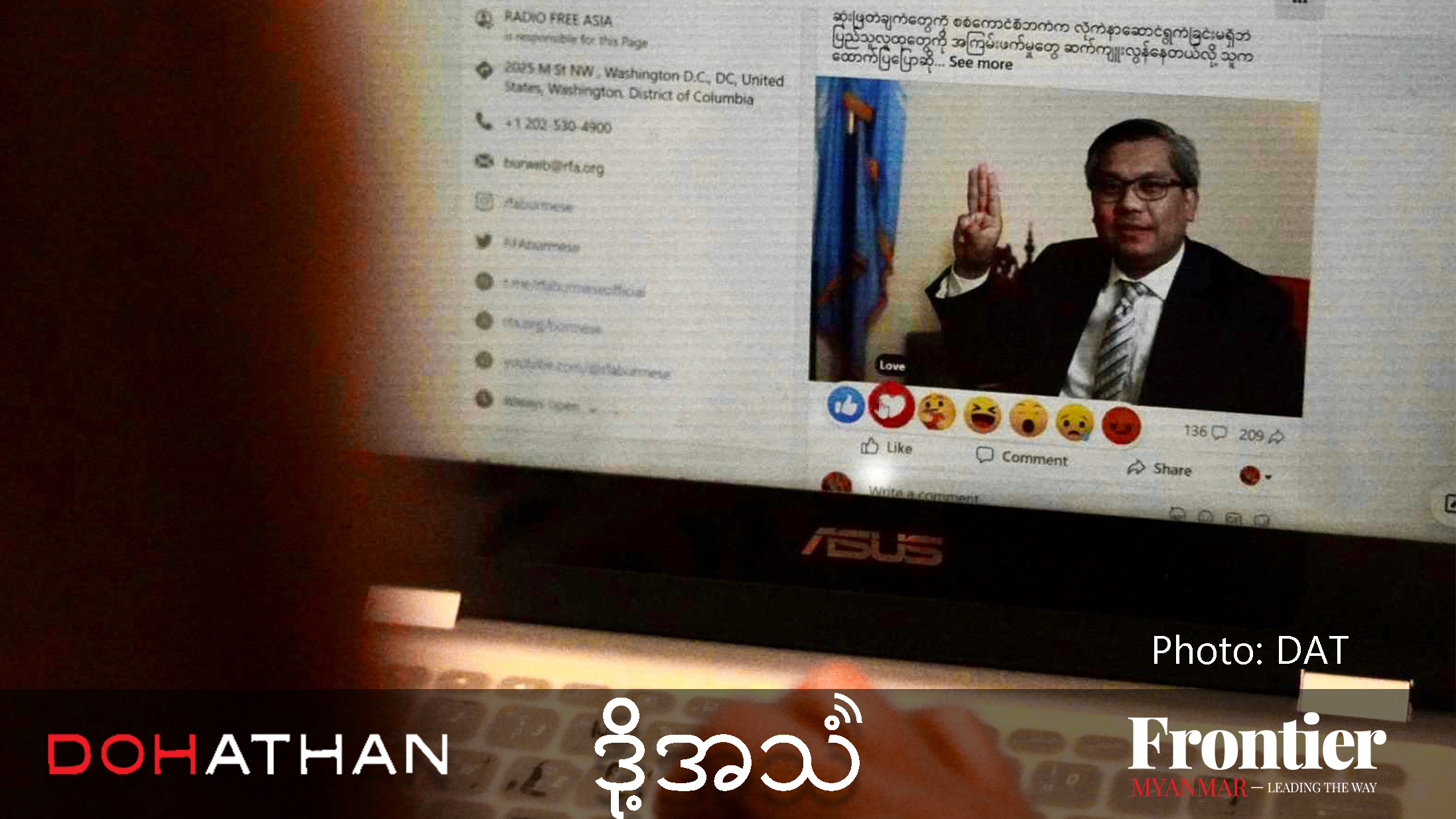There has been a significant change in the print media’s election coverage compared to five years ago.
The election campaign had begun and the kyat was making news but no one was reading about it. It was September 2010 and pre-publication censorship was ensuring that election news was being subjected to rigorous scrutiny. As usual, some stories were being rejected in their entirety.
One was about a sudden and unexpected strengthening of the kyat against the US dollar. It was submitted to the censors by the Myanmar Times, where I was working as foreign news editor and compiling a record of rejected or mutilated stories that I’d begun the previous month when the government announced that the election would be held on November 7.
As the Myanmar Times and all other private sector journals were to learn in the coming weeks, any story that touched on the country’s first parliamentary election since 1960 was almost certain to be cut or rejected. The censors never gave reasons for wielding their red pens, even if asked, and we could only speculate about the necessary instructions that may have informed their decisions.
The kyat story mentioned pre-election currency hoarding as a possible reason why it had strengthened from 975 to the dollar on September 6 to 910 three days later. Other reasons given in the story for the rise in the value of the kyat included repercussions from Myanmar’s closure of the Myawaddy-Mae Sot border trading point and capital raising by four new banks.
The report quoted a Yangon economist, U Khin Maung Nyo, as saying a major reason behind the strengthening of the kyat was a general business slowdown because of the election and the closure of the border (because of a dispute with Thailand over an embankment it was building on the Moei River, which forms the frontier. The Myawaddy-Mae Sot border crossing did not reopen until December 5, 2011).
Support more independent journalism like this. Sign up to be a Frontier member.
Perhaps the junta was sensitive to the consequences of the decision to close the border and its effect on trade with Thailand. The report also quoted the chairman of the Crab Entrepreneurs’ Association, U Hninn Oo, as saying many exporters had suffered financially from the border closure, including those dealing in rice, seafood and beans and pulses.
Not surprisingly, the launch of the election campaign was the lead story in the September 13, 2010, edition of the Myanmar Times. It was published remarkably intact, though the three minor cuts were mystifying. One was a quote by U Ye Tun, chairman of the 88 Generation Student Youths (Union of Myanmar), that some of the party’s candidates had to sell property to raise funds for campaigning. Another was a comment by National Democratic Force chairman Dr Than Nyein about its prospects in the election.
The censors cut an admission by Dr Than Nyein that the NDF would “struggle to emulate the NLD’s success” in 1990, when the party led by Daw Aung San Suu Kyi won 392 of 492 seats in the election for a constituent assembly. The final cut resonates with concerns permeating the campaign this year. It was a comment by Dr Than Nyein that one of the two factors on which the success of the NDF would depend was “whether the authorities concerned are eager to make the coming election a free and fair one”. It was a prescient concern. They weren’t and it wasn’t.
Although censorship decisions were often difficult to comprehend, cuts could be expected in any story about members of the junta or its activities. A report in the September 13 edition about a visit to China by junta leader Senior General Than Shwe was no exception. The Agence France-Presse despatch covered his high-level talks in Beijing before travelling to Shanghai to visit the World Expo.
It included a sentence that began by saying: “China has long supported Myanmar through trade ties, investments in its large natural resources …” and from which was cut “… arms sales and by shielding it from UN sanctions as a veto-wielding member of the Security Council”.
Facts of history could also have the censors seeing red. The next sentence began, “In return, China is assured of a stable neighbour and access to raw materials such as teak and gems from Myanmar … “ and from which was excised “… which has been ruled by the military since 1962”.






